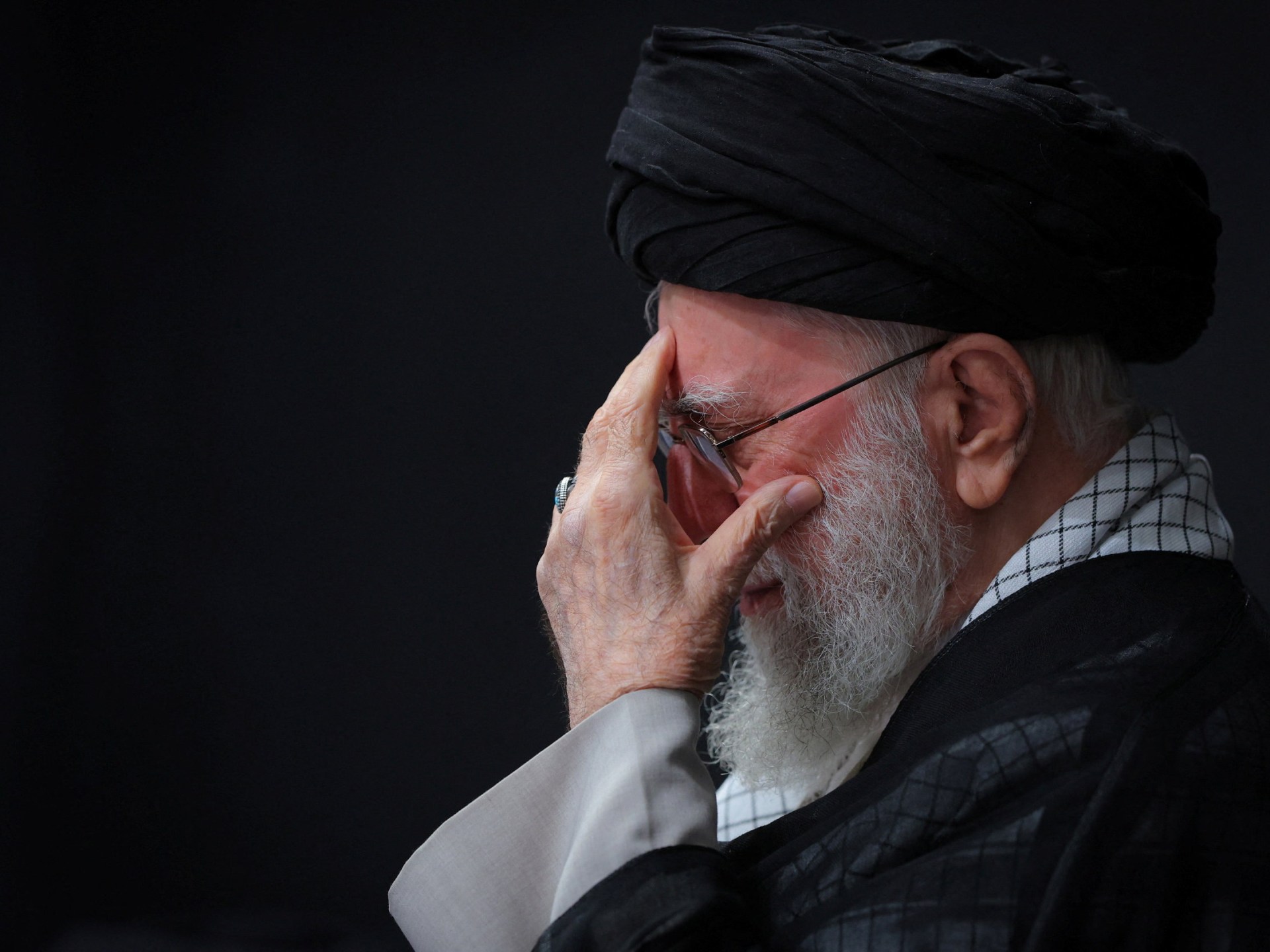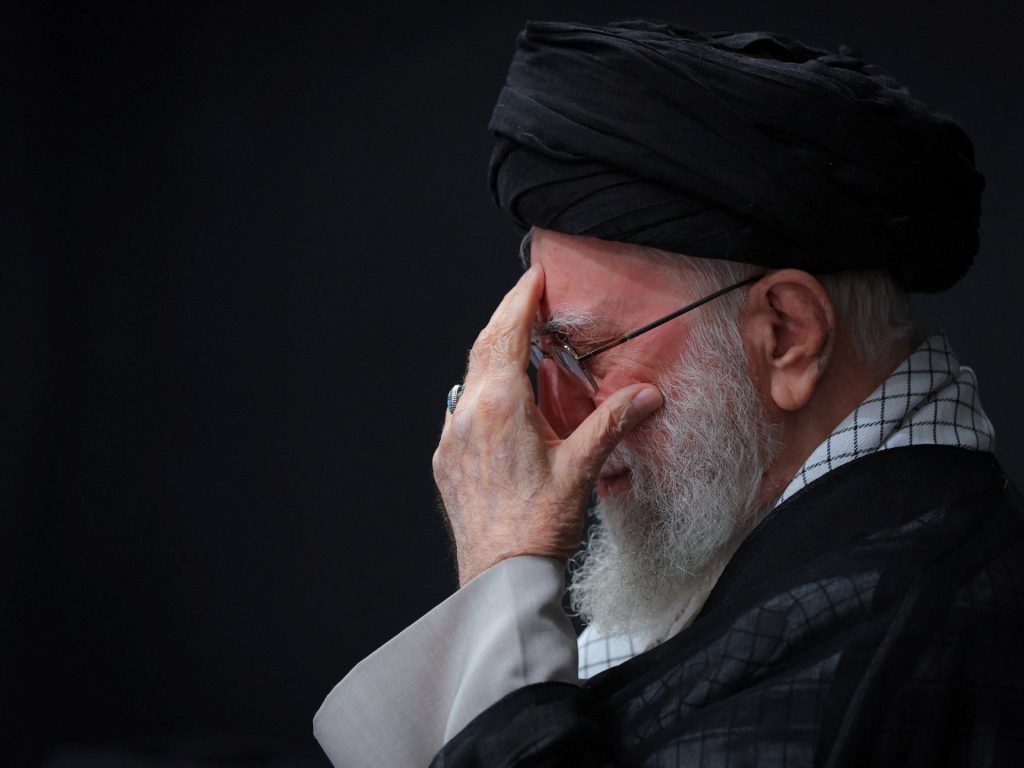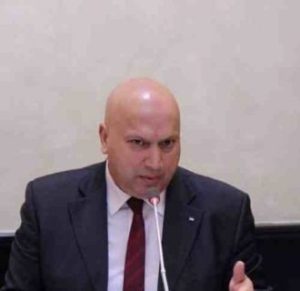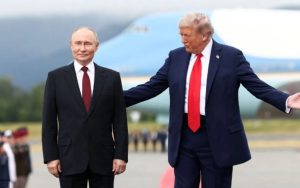On August 8, 2025, the ‘Peace and Establishment of Relations Agreement between Azerbaijan and Armenia’ was signed under the auspices of U.S. President Donald Trump, attended by Azerbaijani President Ilham Aliyev and Armenian Prime Minister Nikol Pashinyan. This agreement represents a significant step expected to bring structural impacts in economic, strategic, and security fields in the South Caucasus region. It includes provisions for bilateral cooperation in multiple areas, including transport and transit, potentially influencing Russian policy in the Caucasus and China’s Belt and Road Initiative linking Beijing to Europe. It may also have strategic consequences affecting Iran, particularly regarding the security of its northwestern borders, its connections with Eurasia, and its regional power projection.
For years, Iran has pursued a policy of obstructing the implementation of the Zangazur corridor, initially under the pretext that it represents the ‘Turan Corridor,’ and later based on the assumption that this corridor might bring the U.S. and NATO into the region. The term ‘Turan Corridor’ is a negative Iranian label for the Zangazur corridor, seen as a project linking Turkey with Turkic-speaking Central Asian republics, viewed as a step toward geopolitical integration of the Turkic world under Turanist ideology.
The Zangazur corridor has been a persistent topic in Iranian public discourse, with hardline conservatives accusing academics, analysts, politicians, and journalists who supported the corridor’s establishment of being ‘Turanists’ and seeking to neutralize them. Iran rejected Turkish proposals for resolving the corridor issue through regional cooperation among Turkey, Iran, Azerbaijan, and Armenia, as well as Russian proposals following Russia’s increased influence in the South Caucasus after the Second Karabakh War.
Iranian obstruction policies have pushed the countries seeking to implement the corridor to explore alternative solutions. Several developments have weakened Iran’s influence in the South Caucasus, including its opposition to Baku during the Second Karabakh War, a 12-day war with Israel, weakening regional allies over the past two years, Armenia adopting a new political stance, and the decline of Russia’s role in the Caucasus due to the Ukraine war.
Following the signing of the agreement in the U.S., Iranian statements revealed a lack of clear policy toward the new developments in the South Caucasus, reflecting internal disagreement among Iranian state institutions. Government officials used more moderate language compared to previous administrations, welcoming the agreement as potentially contributing to peace but warning against permanent foreign military or political presence in the region.
Government spokesperson Fatemeh Mohajerani emphasized that Iran does not accept foreign forces entering neighboring countries and monitors these issues closely. She responded to conservative criticism accusing the reformist government of negligence regarding the corridor, stating that the Zangazur corridor represents only a small part of Iran’s borders and that social media exaggerates the issue.
In contrast, Iranian military officials and influential political figures like Ali Akbar Velayati, senior advisor to Supreme Leader Ayatollah Khamenei for foreign affairs, took a hardline stance, declaring Zangazur would be ‘America’s graveyard’ and that Iran would block the corridor with or without Russia’s cooperation. Political assistant to the Iranian Revolutionary Guard commander, Yadollah Javani, accused Azerbaijani President Aliyev and Armenian Prime Minister Pashinyan of bringing the U.S., Britain, and NATO into the Caucasus, threatening not only Iran and Russia but also China and India.
Conservative figures proposed drastic measures such as closing the Strait of Hormuz in response to U.S. presence in the Zangazur area. Meanwhile, President Masoud Pezeshkian expressed cautious statements, noting guarantees that the corridor would remain under Armenian legal sovereignty and that Iran’s land connection to Europe would not be cut off, though he expressed concern about possible U.S. company involvement in the corridor’s construction and operation.
Ali Larijani, Secretary-General of Iran’s Supreme National Security Council, discussed bilateral relations and the corridor with his Armenian counterpart, affirming that the corridor does not pose a direct threat to Iran as long as it does not cause geopolitical strangulation, meaning cutting off Iran’s route to Armenia.
On August 19, 2025, eleven days after the agreement, President Pezeshkian made an official visit to Armenia, meeting Prime Minister Pashinyan in Yerevan to discuss the Azerbaijan-Armenia agreement, the Zangazur corridor, and bilateral political, economic, and strategic issues. They announced signing ten memoranda of understanding, including building a second bridge over the Aras River—a project Iran had previously proposed as an alternative to the Zangazur corridor.
Other agreements included establishing a connection via the Nakhchivan-Julfa line, potentially enabling Iran to access Armenia and the Black Sea through rail networks, and a railway project linking the Persian Gulf to the Black Sea to facilitate transit operations. Pashinyan reassured Iran that transport lines crossing Armenia would remain fully under Armenian legal sovereignty.
Iranian officials expressed cautious satisfaction with the talks, but military officials remained unconvinced, continuing to view the corridor as a security threat. Iran’s concerns about the corridor are twofold: the longstanding fear that it would create a direct land connection among Turkic countries, potentially leading to military and strategic cooperation, and the newer concern that it would enable U.S. and NATO entry into the region, threatening Iran’s national security.
Deteriorating Iran-Azerbaijan relations have exacerbated these fears. Given Iran’s current internal difficulties, regional challenges, and ongoing conflicts, it is unlikely Tehran will open a new front of conflict on its northern borders. While Iran retains the capability to destabilize security in the South Caucasus through affiliated actors, difficult domestic and regional conditions may push it to avoid this option.














Recommended for you
Exhibition City Completes About 80% of Preparations for the Damascus International Fair Launch
Unified Admission Applications Start Tuesday with 640 Students to be Accepted in Medicine
Al-Jaghbeer: The Industrial Sector Leads Economic Growth
Talib Al-Rifai Chronicles Kuwaiti Art Heritage in "Doukhi.. Tasaseem Al-Saba"
Ministry of Media Announces the 10th Edition of 'Media Oasis'
Afghan Energy and Water Minister to Al Jazeera: We Build Dams with Our Own Funds to Combat Drought